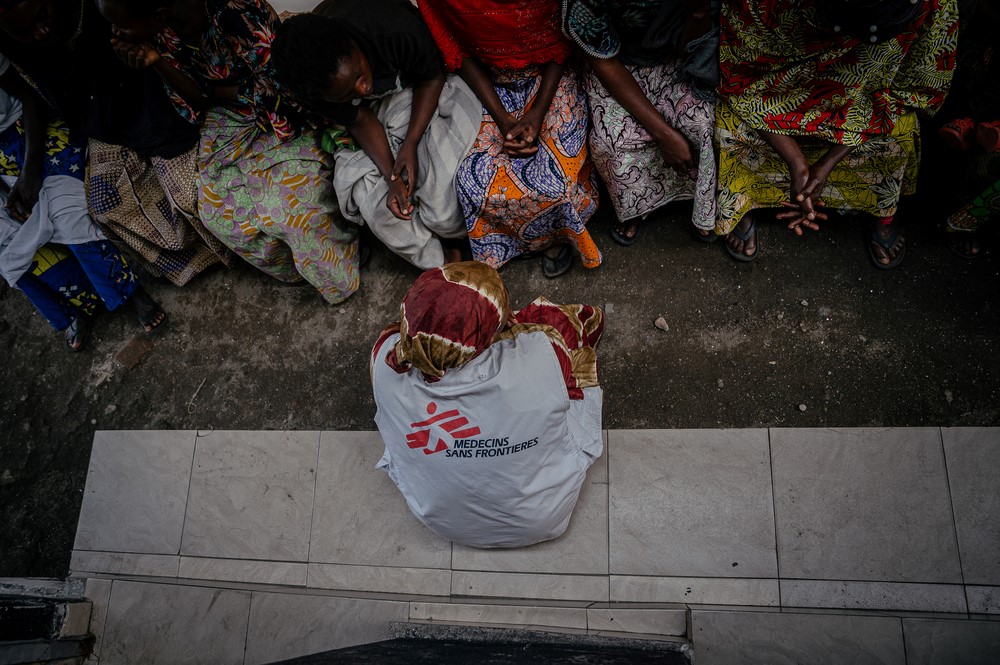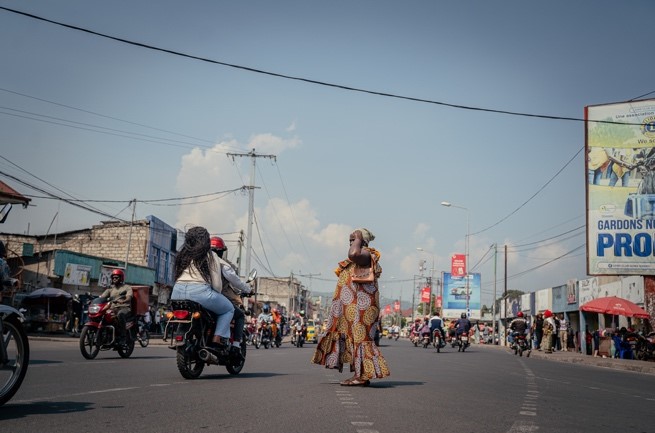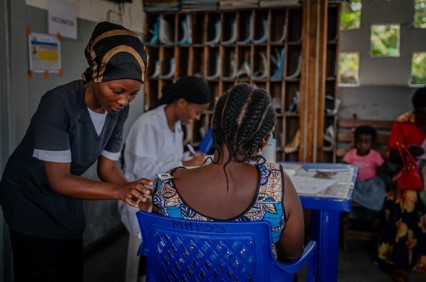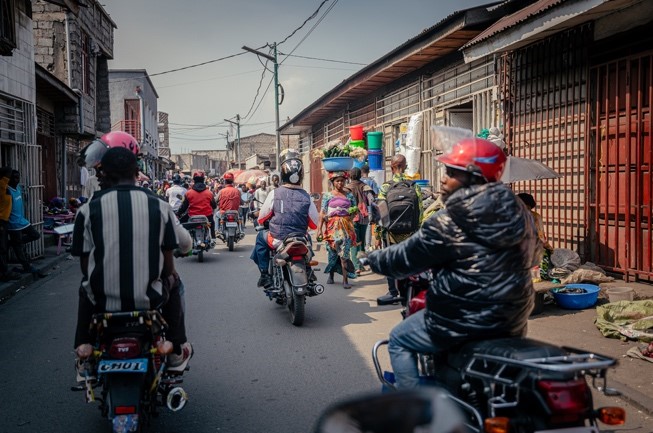Every week, hundreds of survivors of sexual violence seek care at health centres supported by Médecins Sans Frontières/Doctors Without Borders (MSF) in Goma, eastern Democratic Republic of Congo (DRC). In 2024 alone, nearly 40,000 women were treated by MSF teams in North Kivu province — a record high. Since January 2025, when M23/Alliance Fleuve Congo (AFC) forces took control of Goma, the prevalence of sexual violence has shown no signs of decreasing.
In January 2025, after years of fighting against the Congolese army and allied armed groups in North Kivu, eastern DRC, the M23/Congo River Alliance (AFC) — backed by Rwanda — seized control of Goma, the provincial capital and home to over a million people.
During the first week of the offensive, hospitals rapidly became overwhelmed by a surge in casualties, both military and civilian. Morgues filled quickly as the Congolese army and its allies retreated, allowing M23/AFC to take over as the new authorities in the city. Heightened insecurity, increased crime and rampant violence became the new normal.
MSF teams continue to record alarming levels of sexual violence cases. Between January and April, more than 7,400 survivors of sexual violence received treatment at Ministry of Health facilities supported by MSF in Goma. West of the city, in Saké, an additional 2,400 survivors were treated during the same period.
Sexual violence remains prevalent under the new order
Throughout the week, female survivors of sexual violence, of all ages, can be found gathering from early in the morning at health centres where MSF works in Goma. They need healing, support and to be heard. Nasha*, 35, was among many patients to visit in May. Like many of the women, her life has been turned upside down by persistent conflict in North Kivu.

Originally from Masisi, a territory to the West of Goma, she fled ahead of clashes in the province between 2021-2024. They moved to a displaced persons camp alongside some 650,000 others on the edge of Goma. But in February 2025, the M23/AFC armed group ordered the dismantling of camps, effectively forcing their residents to leave. Large numbers are unable to return to their area of origin because they lack the resources to do so or because their lands have been seized. This has led many to seek refuge with host families or low-cost housing in Goma and the surrounding suburbs.
Nasha’s story is far from isolated in Goma and its outskirts. Every day, before nightfall, women travel to the city from the neighbouring territory of Nyiragongo in a bid to stay safe – too often in vain. Attacks on shelters, whether on small plots of land, rooms rented out by Goma residents themselves or public places, are frequent.















